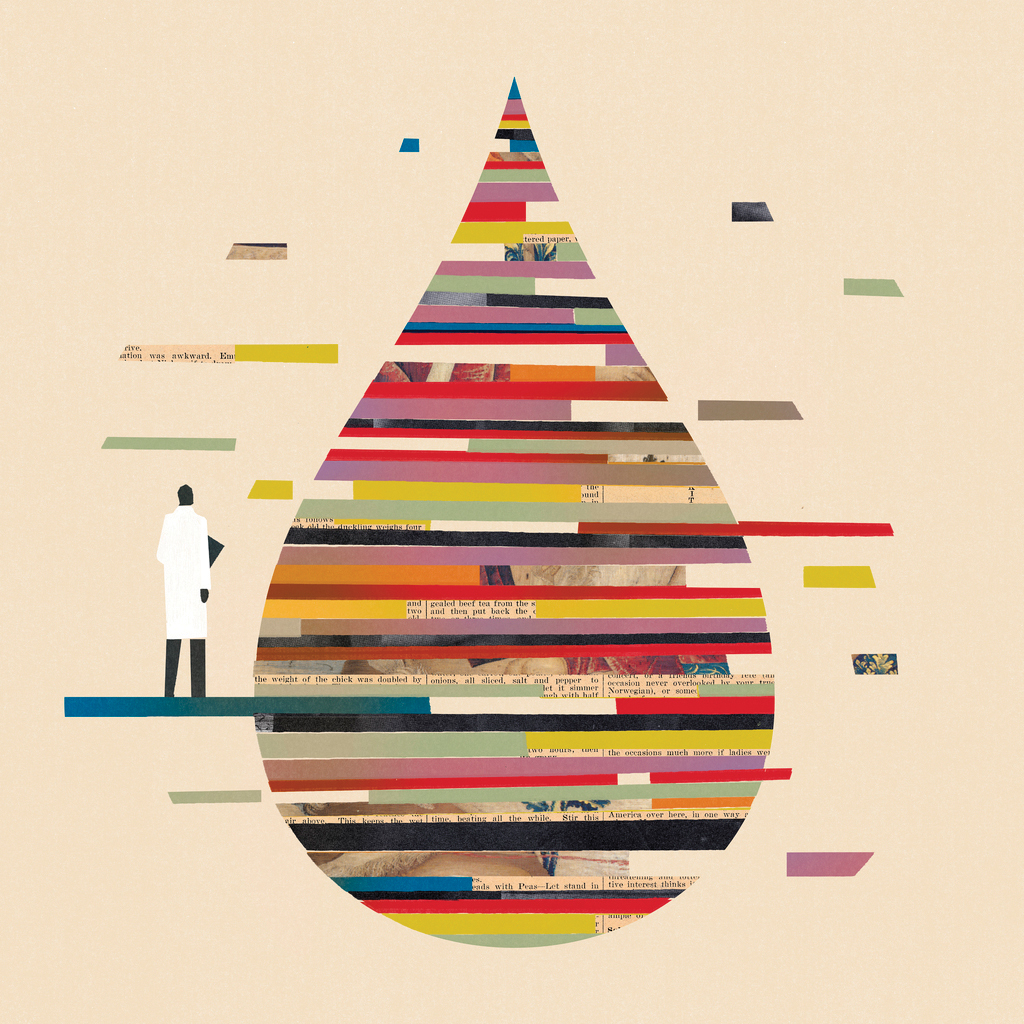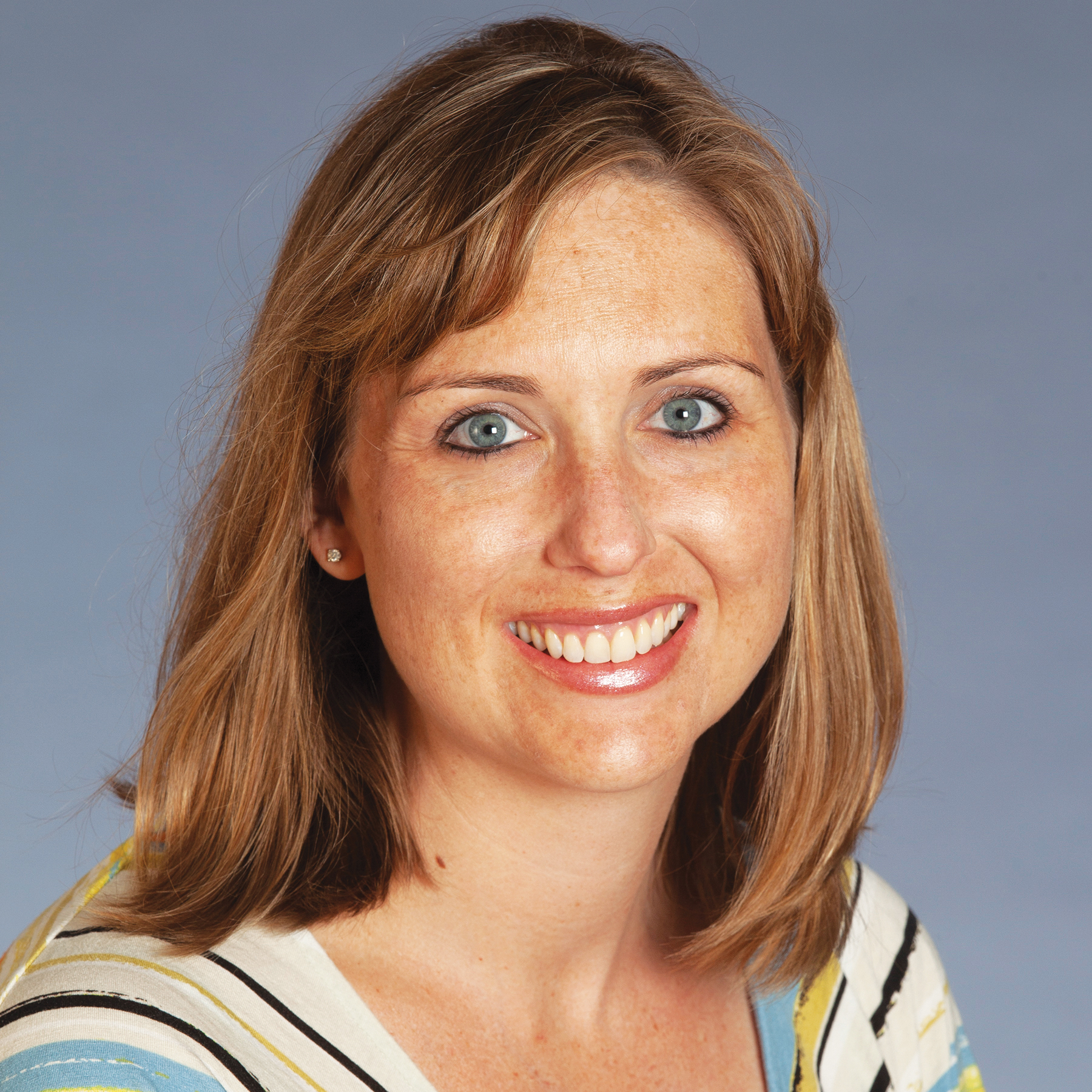Progress in Combating HIV

Emory physician-scientist Colleen Kelley has focused on the spread of HIV/AIDS and sexually transmitted infections among sexual and gender minorities, as well as disparities in HIV prevention and interventions.
What drew you to infectious diseases and, in particular, HIV? I first had an inkling about becoming a physician in high school. Once exposed to research in medical school at Emory, I was hooked on that as a career path. I have a love/hate relationship with HIV. I love HIV science but hate the human impact. I was drawn to HIV to work at the intersection of fascinating, cutting-edge science and social justice. I can’t think of a field where this intersection is more palpable than infectious diseases, and it’s truly my privilege to be an HIV doctor and researcher. Associate Professor of Medicine and Epidemiology Colleen Kelley was awarded the HIV Medicine Association’s 2021 Award for Excellence in HIV Research. 
Do you think you’ll see an HIV “cure” or vaccine in your lifetime? Yes, an HIV cure or a vaccine may not look the way we’re expecting, but I do believe it’s possible to reduce new HIV infections to rare events and significantly improve longevity and quality of life for those with HIV.
What are the most effective ways to help in areas where HIV rates are still high? There
are two requirements to have an impact on
areas where HIV is still prevalent: political will
to support health equity and the resources to implement effective interventions. Poverty, racism, and homophobia as well as equitable access to health care and education must all be addressed.
As we look past COVID-19, what gives you hope for the future and what is the biggest challenge? The ability of the scientific community, the federal government, and industry to come together and give the world several effective COVID-19 vaccines in one year’s time gives me great hope. Our capabilities to tackle difficult problems are near limitless with
political will, resources, and the scientific community all on board. The challenge is ensuring equitable access and uptake of these amazing scientific advances across the globe—we are not healthy until the planet is healthy.



